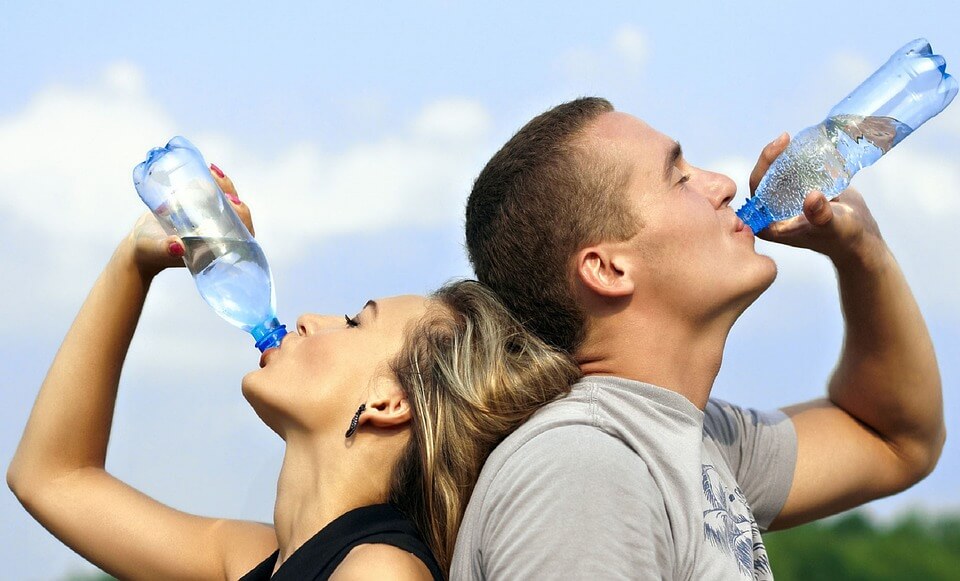Fluid retention is one of the most common diseases in the population.
Although it is more common in women, due to the hormonal factor of estrogen’s, it also exists in men.
What is water retention?
Also known as hydrops or edema, it is caused by the excessive accumulation of water and other liquids in our body.
Our body is composed of 70% water, but what helps to maintain this percentage? A substance called prostaglandin, along with a complex system of hormones, are responsible for regulating the amount of fluid our body needs. That is why, when a person drinks more water than they need, the kidneys are responsible for expelling it in the form of urine or sweat. On the contrary, when a person drinks less than he should, the body is responsible for maintaining 70% of water by producing less urine.
In short, fluid retention occurs when the body is unable to eliminate all the fluid needed to maintain this balance. This happens when water, after nourishing the whole body, reaches the capillaries and the passage of liquids from one area to another is abundant, making it impossible to expel all the water.
Why is that?
The factors that influence this disease can be of two types:
- Organic factors. These are those causes that are considered a pathology. For example: allergies, renal diseases, circulatory problems…
- Everyday factors such as having a sedentary life, stress, taking medication and even when temperatures are high.
In both factors, the symptoms are similar. Weight gain; and swelling of the legs, ankles and abdomen are the most common signs.
What can cause it? How can we avoid it?
As long as the factors of our fluid retention are everyday, the following tips will help us decrease this edema.
- Reduces sodium consumption. We add salt to most of our meals, so we should reduce our consumption. Therefore, we should also avoid foods that are canned, pre-cooked or fast food.
- Avoid standing for long periods of time so that the blood can circulate properly.
- Drink more water and more diuretics.
In conclusion, having a healthy lifestyle based on a balanced diet, exercising and drinking plenty of water will help you reduce fluid retention.




